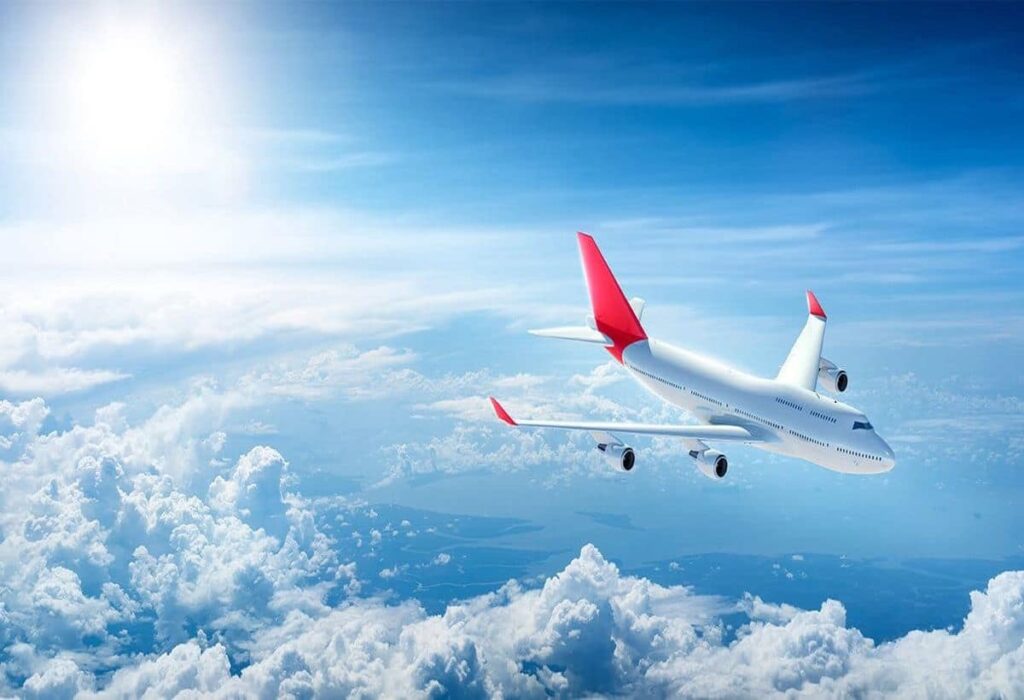Surge in Diwali Flight Bookings Amid Uncertainty
As the festive season of Diwali approaches, travelers are showcasing a sudden increase in flight bookings despite uncertainty regarding the exact date of the festival, which falls on either October 31 or November 1 this year. This article explores the factors contributing to this surge, the dynamics of last-minute travel, and broader implications for the aviation and travel industries.
Factors Influencing Last-Minute Bookings
Decrease in Spot Fares
One of the primary reasons for the uptick in last-minute flight bookings is the observed decrease in spot fares. Travel agents report that ticket prices have become more competitive, enticing travelers to book flights closer to their desired departure dates. Current data indicates that the average spot fare for popular routes has dropped by approximately 15% leading up to Diwali, making air travel more accessible.
Extended Holiday Offers from Airlines
Several airlines have extended their holiday offers, which has further encouraged travelers to make reservations. Special promotions and discounts have been introduced, creating an attractive scenario for those who may have initially planned to travel by other means. Airlines are leveraging festive offers to stimulate demand during this peak travel period.
Travel Trends Observed at Delhi International Airport
According to Delhi International Airport Limited (DIAL), a substantial increase in last-minute bookings was specifically noted for October 29 and 30. The airport has reported a significant rise in passenger traffic, with expectations of high footfall in the days leading up to Diwali.
Air Traffic Statistics
| Date | Increase in Bookings (%) | Estimated Passenger Footfall |
|---|---|---|
| October 29 | 35% | 150,000 |
| October 30 | 40% | 160,000 |
| November 1 (Diwali) | 30% | 140,000 |
Implications for the Travel Industry
The surge in last-minute bookings can have several implications for the travel industry. Travel agents and airline operators may need to adapt their strategies to meet shifting consumer behavior, focusing on dynamic pricing models and customer engagement through last-minute deals. Additionally, the spike in demand may lead to overbooked flights and logistical challenges at airports.
Conclusion
The lead-up to Diwali has been marked by a significant surge in flight bookings, driven by decreased spot fares and strategic promotional offerings from airlines. As more travelers opt for air travel to celebrate the festival, industry stakeholders must efficiently manage demand and ensure a seamless travel experience. This trend highlights the evolving nature of travel during festive seasons and sets the stage for future strategies in the aviation sector.
